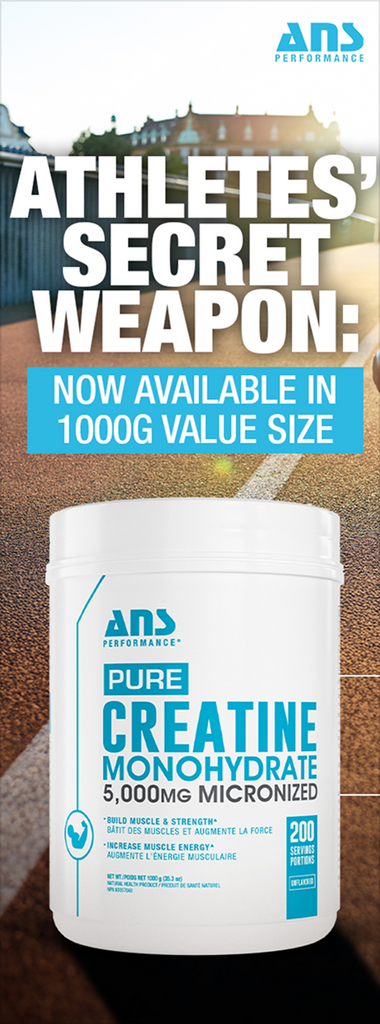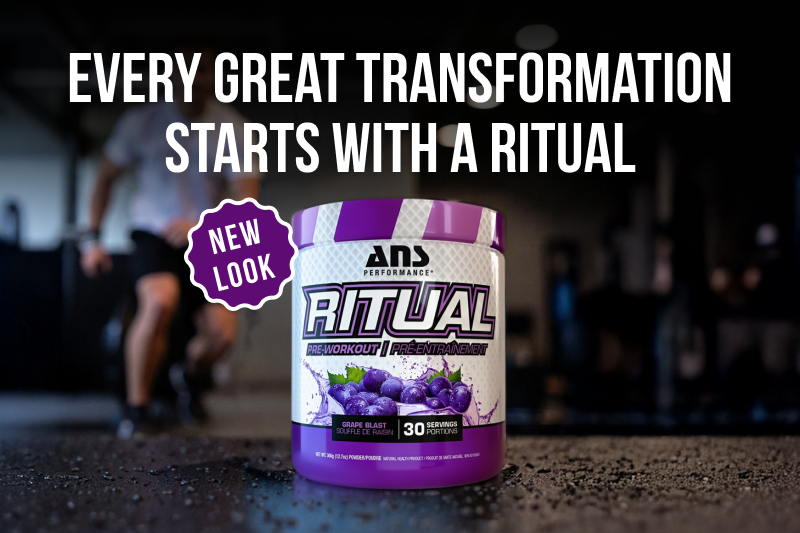

This is one of the most common questions we hear. And it doesn’t just come from beginners. Even experienced bodybuilders can wonder about the frequency of their training sessions as their muscle development progresses and they require more or different routines to keep it going.
But just because it’s common doesn’t make it any easier to answer. To get an idea of why, think about this question: “how much weight should I lift?” It’s almost impossible to answer. Even if you take the “lift as much weight as is needed to see results” route, that still leaves out the question of what are your strength training goals.
Never-the-less, we’re here to give you answers and that’s what we’re going to do. Use the following pointers to help decide how often you should weight train to get the results you want:
1. Minimum Once a Week
Regardless of whether you’re trying to lose weight or bulk up, you must work out regularly. While any physical activity, even intermittent workouts, are beneficial, you will not see lasting results until you get into a regular routine.
That said, getting into a routine is just about the only reason we can think of for working out just once a week. The jury is out over how much benefit, if any, you get from a weekly training session. Many professional trainers believe it will not produce any results. At best, a weekly session will support bone density and muscle fitness, but it is highly unlikely you will see or feel any results.
2. Not Absolutely Every Day
We don’t mean to state the obvious, but you’d be surprised at how many people overdo a workout schedule in the mistaken belief that more means better – or bigger. Again, whether you’re trying to lose weight, build muscle or increase strength, an imperative aspect of your program is to give your body the rest and recovery time it needs to perform its best. Think of it this way: you work out to get slimmer, or get the guns you’ve always wanted, or simply be stronger, so don’t you want your body in prime condition during workouts so you maximize results? Rest and recovery is essential to success.
3. Training to Promote Fat Loss
Strength training is a great part of any weight management program. Not only does muscle tissue burn more calories than fat, the training is good for your heart and bone strength.
A fat loss program will involve increasing your metabolic rate, which means a regular total body workout of large movements. It’s a lot of energy to expend and your body can become fatigued easily, which will limit your results. In addition to getting enough rest and recovery time, workout recovery supplements will help make sure your body gets proper nutrition to help it deal with the weight changes it’s going through. Try 3 or 4 sessions per week to boost your weight loss.
4. Training to Increase Muscle Mass
Increasing your muscle size means focusing on muscle groups and giving each of them a sufficient amount of training each week to promote growth.
If you love being at the gym, building muscle is a good excuse to do so because you can work on different muscle groups each day, while the previous day’s muscle group gets the rest and recovery it needs. Still, 4 to 5 workouts a week is optimal and any more invites too much stress on your muscles, which can hinder their growth. Bodybuilding supplements, especially those focused on muscle recovery, will help.
5. Training to Improve Strength
Basic strength training workouts can focus on one of the big 3 movements: squats, deadlifts and bench presses. So there’s up to 3 workouts a week. If you add one for isolating certain muscles and/or working on weaker areas, that makes 4 a good number of workouts per week to build your strength.
Even while the above are good guidelines for workout frequency, the results you get can vary due to a number of factors, including your diet, and any other physical activities you do, including cardio training and/or regular participation in sports.
The bottom line is to not overdo it. Too much stress on your body can ruin your results and actually decrease muscle size or increase weight, even as you try to do the opposite. It can also affect your sleep and reduce your immune system strength, resulting in more colds and flu – and less time at the gym.







